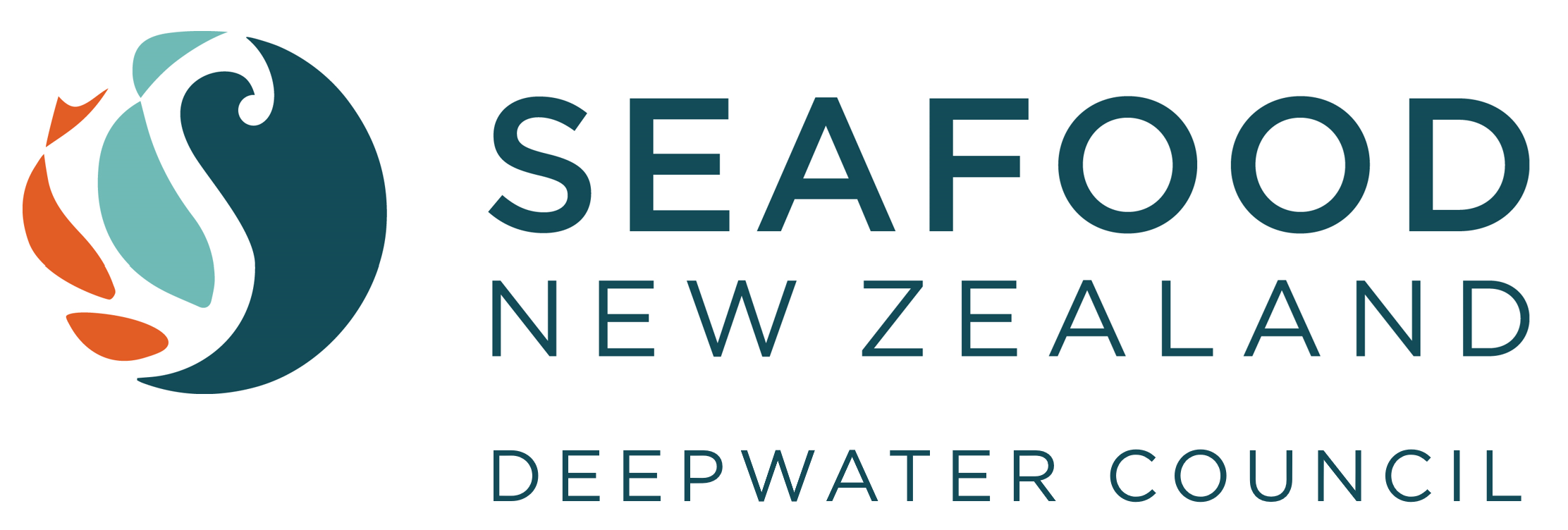Public perception of fisheries management at odds with international reputation - TNC
Published: 16 November 2017
|
New Zealand fisheries’ Quota Management System (QMS) is being presented as an international example by a prominent US-based conservation group. The long established The Nature Conservancy (TNC), one of the world’s largest conservation organisations and a leader in coastal and marine management, last night released an extensive report on the QMS aimed at enhancing the development of fishery management programmes internationally. Seafood New Zealand chief executive Tim Pankhurst says the 132-page report, titled Learning from New Zealand’s 30 Years of Experience Managing Fisheries under a Quota Management System, offers lessons relevant to many other countries that are contemplating fishery reform efforts. Multiple international studies have ranked New Zealand’s fisheries management system at the higher end, the report said. “New Zealand scored amongst the highest of 53 countries in an evaluation of compliance with the Food and Agriculture Organisation’s Code of Conduct for responsible Fisheries and was again amongst the highest in a 2009 study of international fisheries sustainability and the overall effectiveness of management,” said Pankhurst. A 2017 study of 28 major fishing nations had similar findings, ranking New Zealand fifth overall. However, the report also found a distinct lack of understanding about the QMS from the New Zealand public that did not necessarily accord with the positive government and international assessment, the report notes “The QMS has served us well in building sustainable fisheries however the system can be improved and we look forward to working with the new Fisheries Ministry and other parties to achieve that,” said Pankhurst. “While our fisheries management system has its critics, it is significant that a respected international conservation group that employs 600 scientists sees it worthy of study to see what aspects can be applied to best effect in other countries.” The report said that although the use of a rights-based fisheries management system is not unique to New Zealand, no other country has developed and used a QMS that is as comprehensive or as widely implemented for as long a period. “Despite the multiple perspectives that exist on the performance of New Zealand’s fisheries management system, New Zealand’s experience in fisheries management offers lessons relevant to many other countries that are contemplating fishery reform efforts.” The report also said there was no system in place for the routine reporting of recreational catch and several commentators had noted there have been no effective means of bringing the various parties together in a constructive manner and this had frustrated attempts to continue the evolution of the QMS. TNC is looking to research other marine and freshwater issues “to learn from New Zealand’s long experience and many achievements in conservation and resource management in order to aid conservation in other places facing similar issues. The report was compiled by Environmental Defence Society policy director Raewyn Peart, independent fisheries consultant Michael Arbuckle and TNC fisheries experts Lynne Hale, Jeremy Rude, Carmen Revenga, Kate Kauer and Michael Looker, supported by the US-based Walton Family Foundation. |
